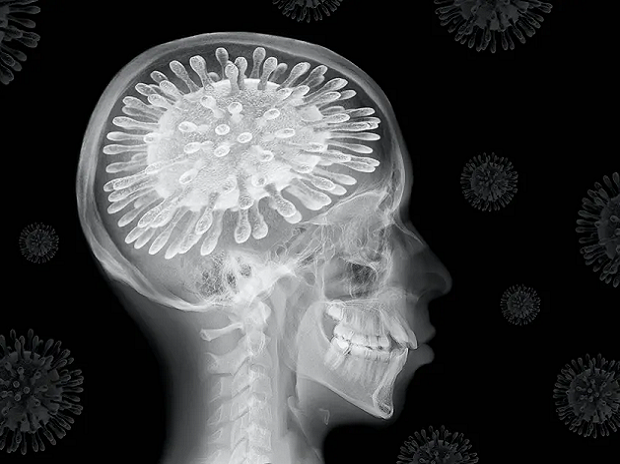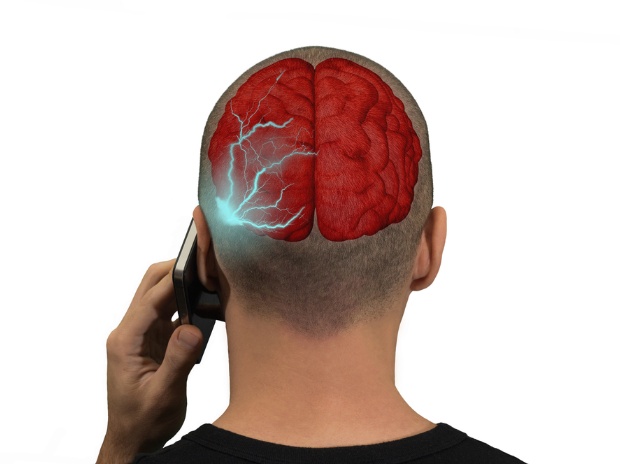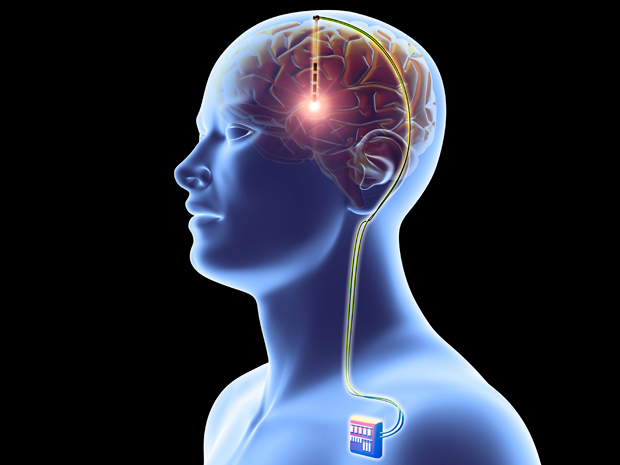Coronavirus: The pandemic is changing our brains - here are the remedies

Whether you have contracted Covid-19 or not, your brain is likely to have changed over the past few months. The virus itself can cause a number of neurological problems, along with anxiety and depression. The isolation and worry caused by the pandemic can similarly alter our brain chemistry and cause mood disorders. In our new paper, published in Neuropsychopharmacology Reviews, we have investigated how to best overcome the brain changes linked to the pandemic. Let’s start with Covid-19 infection. In addition to mood disorders, common symptoms include fatigue, headaches, memory loss and problems with attention. There may be a number of reasons for these brain changes, including inflammation and cerebrovascular events (a syndrome caused by disruption of blood supply to the brain). Research suggests that the virus may gain access to the brain via the forebrain’s olfactory bulb, which is important for the processing of smell. Loss of smell is a symptom in many patients with C...


